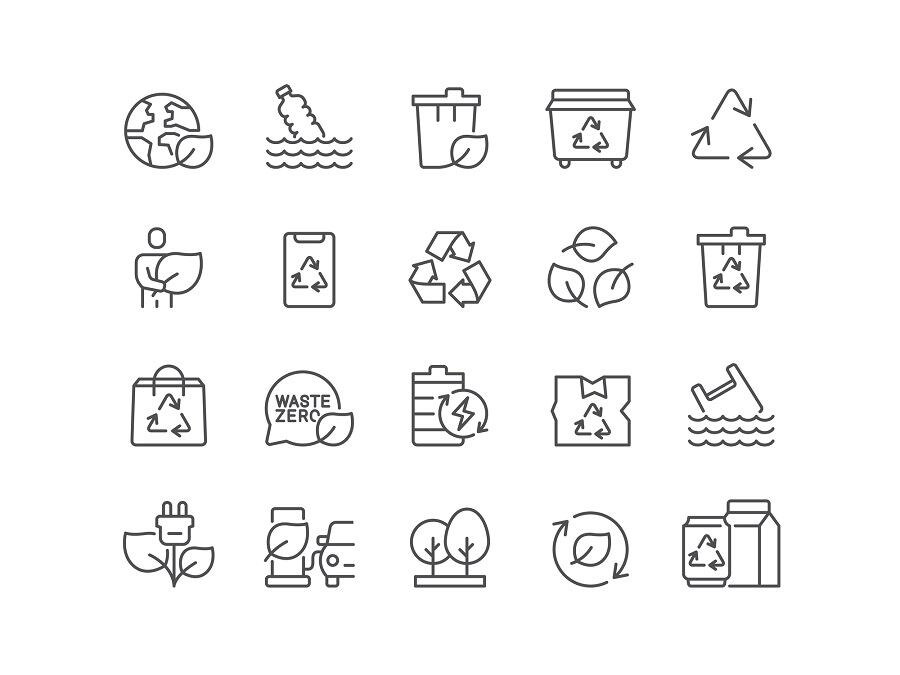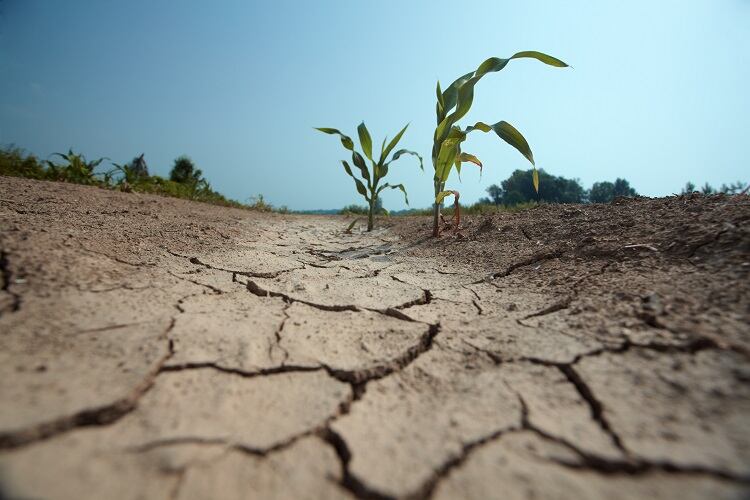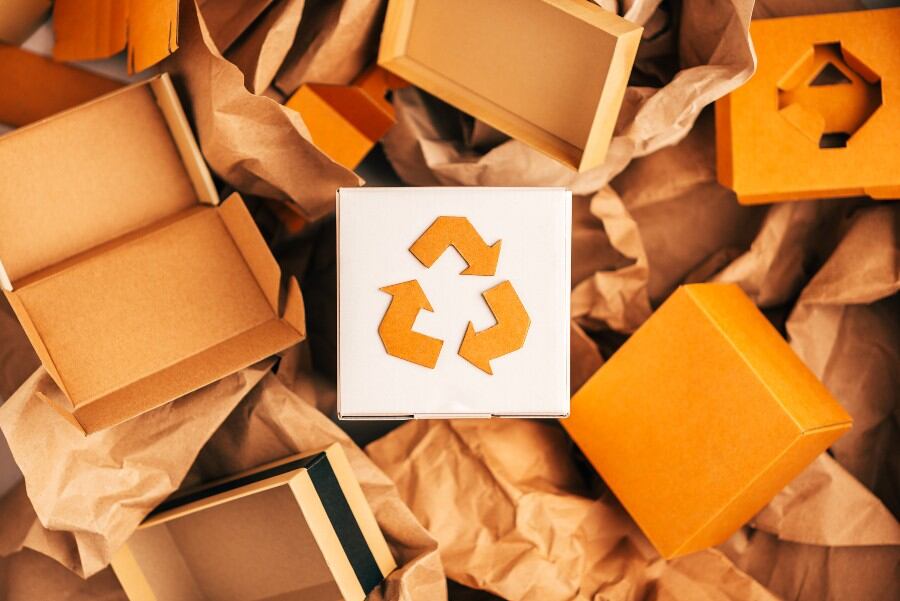Named a Green Power Partner by the Environmental Protection Agency (EPA), JM Smucker highlighted in its 2023 corporate impact report its virtual power purchase agreement (VPPA) with Plum Creek Wind Farm in collaboration with Ørsted and Schneider Electric to match grid electricity use with renewable energy certificates.
VPPAs have grown in use as a more scalable and efficient transaction structure between companies and renewable energy projects by offsetting electricity consumption with renewable energy even if they are not physically located near the project. Generally, under the terms of the VPPA, companies pay a fixed price for a certain amount of solar energy for a period of time. The renewable energy project then uses the income to cover operating and maintenance costs for the solar panel farm.
The company reports that it has "already surpassed our Scope 1 and 2 greenhouse gas emissions goal and are on pace to meet several other goals, including our water usage intensity" and TRUE Zero Waste certifications.
The company set goals to reduce its greenhouse gas emissions under Scopes 1 and 2 by 28% by 2030 from 2019, which includes biogenic emissions and removals from bioenergy feedstocks.
It also set goals to reduce water-use-intensity at its facilities by 5% by 2025 from 2019, and reduce its total energy intensity at its facilities by 5% in the same period.
JM Smucker also set a goal to reduce Scope 3 emissions, which are impacted by the broader third-party supply chain, by 22% per unit of sold product by 2030 from a 2019 base year. The company cited supply chain challenges, evolving consumer preferences and changes to its portfolio as contributing factors to its energy management objectives.
Regarding supply chain challenges, the company reported that its “facing a number of extenuating circumstances including evolving methodology, complex data collection and calculation, the impacts of decisions around portfolio optimization and the limited influence we have on changes executed by our partners that impact our timeline to accomplish our goals.”
Exploring alternative packaging materials, reducing non-recyclable plastic use
The company cited challenges around viable alternative packaging materials, recycling legislation and limitations by broader third-party partnerships as potential barriers to meeting its Scope 1, 2 and 3 goals.
Yet, the company maintained its ongoing efforts to address these challenges by exploring alternative material solutions “to address inventory constrains and formalizing plans to comply with state legislation.”
JM Smucker also reported implementing 100% recyclable, compostable or reusable packaging materials and using 30% post-consumer recycled or renewable resource materials in plastic packaging by 2030. Further, How2Recycle information will be available for packaging.

Barriers to achieving zero waste targets
JM Smucker remains committed to ensuring by 2030 that all company-owned facilities qualify for TRUE certification, which is a zero waste program dedicated to measuring, improving and recognizing zero waste performance.
This goal remains despite ongoing challenges surrounding multi-state waste and recycling legislation.
JM Smucker reported its ongoing compliance with the “dynamic nature of state-by-state packaging legislation,” citing challenges in viable packaging availability that can ensure product quality and shelf life, limited consumer education surrounding proper disposal of certain packaging materials and a lack of recycling infrastructure from a legislative perspective that contributes to “complex, multi-state distribution systems.”
Currently there are approximately 11 zero waste certification programs in the US all varying in their scope and requirements with the goal of helping businesses and organizations reach zero waste goals. While the emergence of these varied programs shows a growing interest in waste reduction from companies, it can be a challenge for companies and organizations to find the right program. Likewise, the growing number of programs could potentially dilute the programs’ impact in the industry.
However, program standardization may be an opportunity to unify these initiatives, providing companies and consumers more clarity around zero waste practices.




